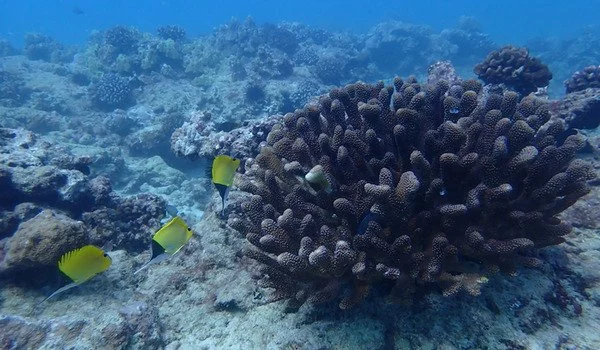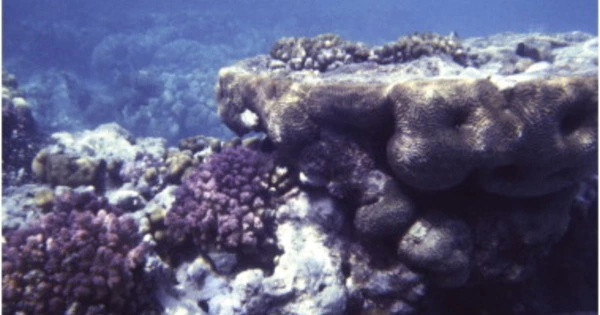The greatest global threat to coral reef ecosystems is climate change. Scientific evidence now clearly shows that the Earth’s atmosphere and oceans are warming and that the primary cause of these changes is greenhouse gases emitted by human activity.
According to a new study, climate models are untrustworthy when it comes to predicting the damage that tropical cyclones will cause to sensitive coral reefs. According to a study published in the journal Earth’s Future, climate models are unreliable when it comes to predicting the damage that tropical cyclones will cause to sensitive coral reefs.
With the expectation that tropical cyclones will become more intense as climate change progresses, conservationists are interested in using the models to identify the vulnerability of reef communities to storm damage and to focus conservation and protection efforts on coral reefs that are less likely to be impacted by climate change.
However, a group of researchers from the University of Leeds in the United Kingdom, the Australian Institute of Marine Science, and the Commonwealth Scientific and Industrial Research Organisation (CISRO) is urging caution when using climate models, arguing that they are not yet reliable enough to predict which reefs will be most vulnerable to cyclone damage.
Our investigation has identified the pros and cons of using climate models in coral reef conservation work. The models are correct in projecting that cyclones will become more intense in the future as a result of climate change. However, they are less accurate in predicting how cyclones will affect individual coral reefs, which is due to more localized conditions such as wave pounding.
Adele Dixon
Cyclones are moving weather systems that create storm conditions including heavy rainfall, waves, and powerful circular winds. The most damaging weather is found close to the eye of a cyclone, an area with a typical diameter of about 50 km.
Heavy waves can break apart the coral reefs and the most destructive impact is seen when cyclones that are intense move or track close to coral reef ecosystems.
Dr. Marji Puotinen, a spatial and ecological data scientist at the Australian Institute of Marine Science and co-author of the paper, said: “It can take decades to centuries for coral communities to recover from the damage that is caused by extreme weather events and it is important that conservationists target their limited resources at those reefs which are more likely to survive climate change.

“To do so, they must assess coral reef vulnerability in the face of more extreme weather patterns. However, we are currently urging caution when predicting the damage that future cyclones could cause to coral reefs.”
The research team examined how well the climate models simulated recent extreme weather events to assess their accuracy. They discovered that the models failed to capture all of the characteristics of a cyclone that result in waves that can harm a coral reef.
At the global scale, climate models predicted that average cyclone intensity would increase in the future due to climate change. However, the models were less certain about the impact of tropical cyclone wave damage on coral reefs. For example, although the cyclone might be more intense – they might not track or pass near the coral reefs.
“Our investigation has identified the pros and cons of using climate models in coral reef conservation work,” said Adele Dixon, a doctoral researcher at the University of Leeds who led the study. The models are correct in projecting that cyclones will become more intense in the future as a result of climate change. However, they are less accurate in predicting how cyclones will affect individual coral reefs, which is due to more localized conditions such as wave pounding.”
The study, titled “Coral reef exposure to damaging tropical cyclone waves in a warming climate,” was published in the scientific journal Earth’s Future.














